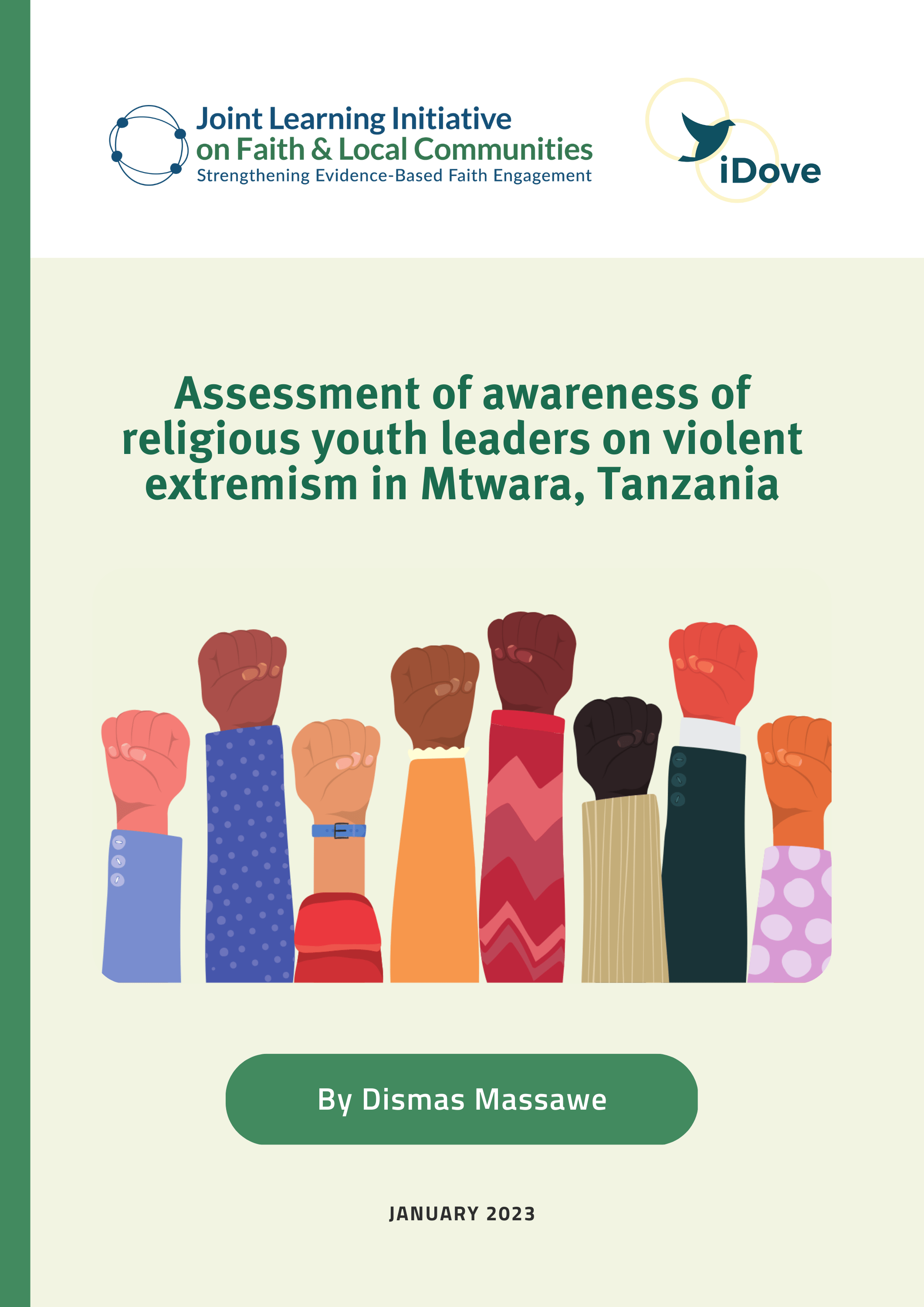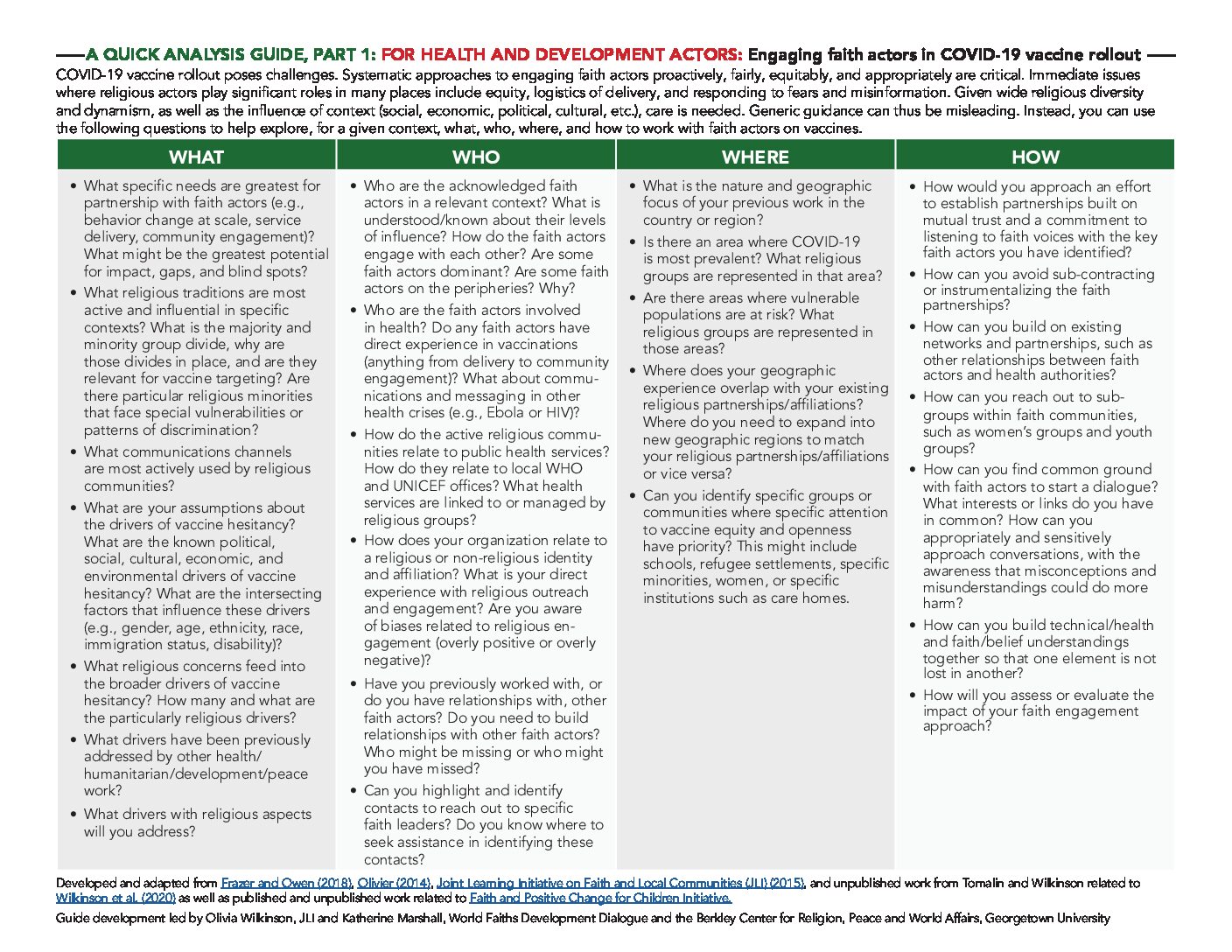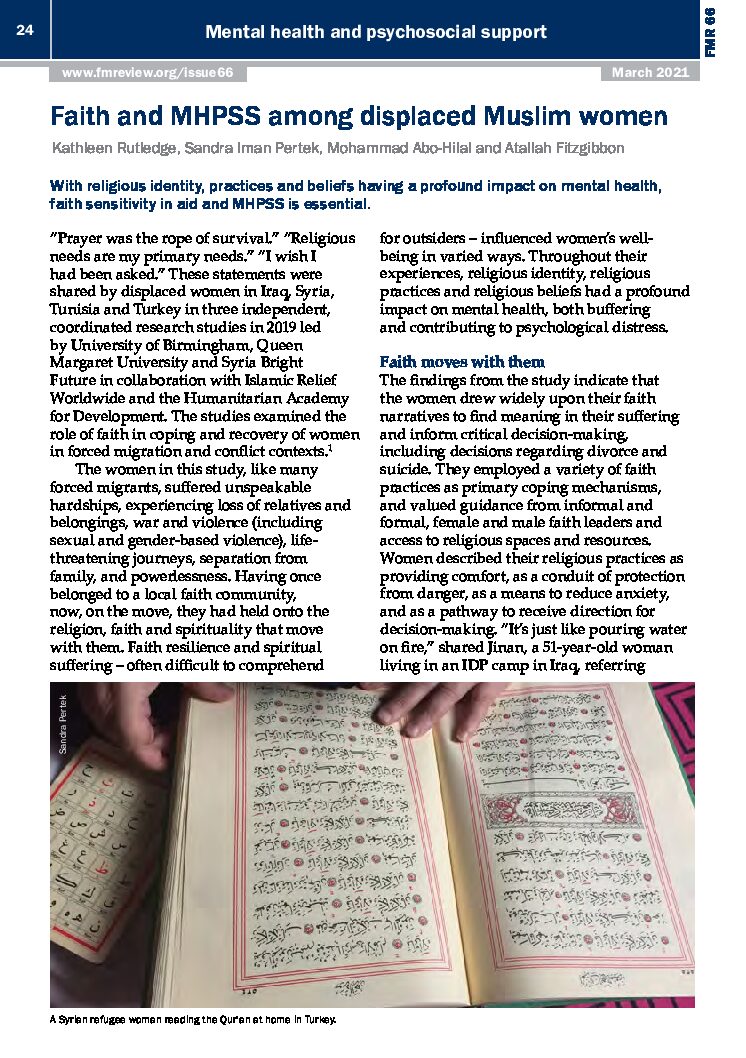About this research project
Assessment of awareness of religious youth leaders on violent extremism in Mtwara, Tanzania
Religion has increasingly become important in conflict resolution worldwide. Religious leaders may play a key role in mobilizing believers as they can call for peace or instigate violence. But what makes religious leaders support peace or promote violence? Several studies have linked religious leaders to Violent Extremism (VE) due to lack of awareness and trainings on how best practices on ending Violent Extremism can be incorporated into their daily teaching. Incorporation of tolerance-based teachings toward other faiths and secularism can reduce pro-violence attitudes.
This is a qualitative study that collected the qualitative data through one–on-one interview with 20 clerics and the data was thematically presented and analyzed. The findings indicated that although they incorporated some of the PVE teachings into their daily holy services, it was not adequately done as the country does not openly address the issue but rather regards VE cases as conflicts or normal crimes. The political leaders did not openly reveal the existence of VE and as a result the level of awareness of VE on religious leaders was very minimal. It should also be noted that clerics perceived the concept of VE differently as there was no single clear definition of the subject matter. Due to limited information, awareness and how best they could incorporate the subject matter within their daily holy teachings, they ended up stimulating the problem rather than preventing the problem.
The study recommended the need to intensively carry out trainings to religious leaders on violent extremism, to understand what it is, challenges, how best it can be prevented, which methods are most effective (such as incorporating some of the VE teaching on prevention to their believers of which the study believes in the long run). With this strategy, the country will have a knowledgeable community on the VE and how to resist such temptations of joining such groups that deny human rights and freedom.
“There has been a gap of knowledge on the level of awareness on the violent extremism by the religious leaders. The region, which is dominated by two major religions of Christians and Muslims, has been a region where Violent Extremism cases are common. Could this be linked to limited knowledge by religious leaders? Are they aware of the Violent Extremism term, and do they receive any trainings concerning VE before they join religious leadership? These unanswered questions stimulated me to conduct this study.“
– Dismas Massawe, Researcher
Read the full paper below





